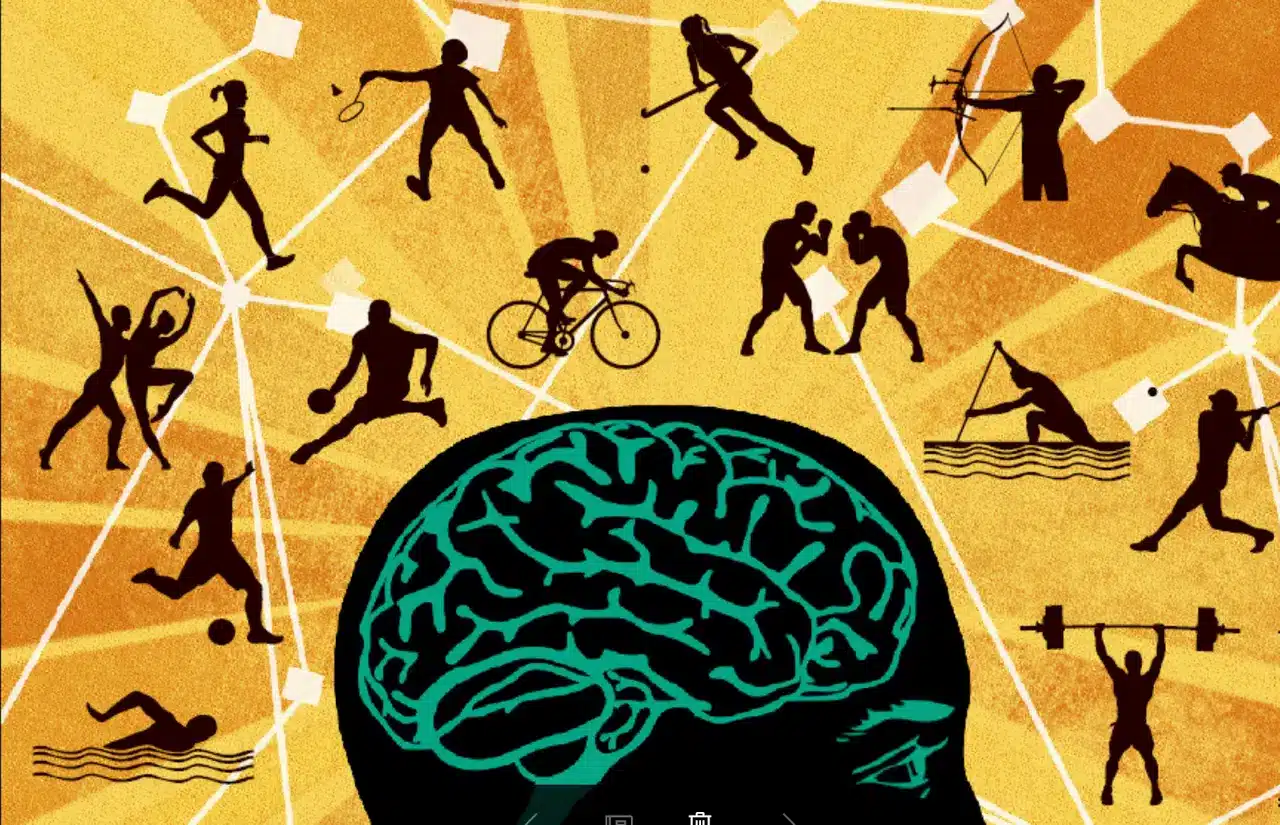
Psychology in sport is a discipline that aims to understand the psychological phenomena present in the sporting context. It sets out to improve athlete performance, promote mental and physical health, and maximize sport participation. Sport is a microcosm of our society, with all its complexities, challenges and rewards. Therefore, sport offers a rich laboratory for the study of human psychology.
Understanding stress and competitive pressure:
Stress and competitive pressure are two of the most significant and challenging aspects of sport. Stress can arise from many sources such as performance expectations, fear of failure, pressure from coaches, spectators, parents and even the athletes themselves. When not managed properly, stress can become debilitating, negatively affecting an athlete's performance and overall well-being.
The psychology behind competitive stress:
Sport psychology, moreover, plays a key role in unraveling the complex mental processes that occur before, during and after competition. In this sense, competitive stress is not just a response to a stressful situation, but is influenced by a variety of factors. Included here are the athlete's personality, past experiences, coping skills, and perception of the situation itself. Through an in-depth understanding of these processes, athletes have the opportunity to learn how to better manage stress and competitive pressure, thus gaining greater control over their emotions and thoughts during sports practice.
Effective techniques for dealing with competitive pressure and stress:
There are several psychological techniques that athletes can employ to effectively deal with stress and pressure.
- Relaxation Techniques: Relaxation practices like meditation, yoga, and deep breathing can help calm your mind and body, making it easier to manage stress.
- Mental Training: Mental training is a powerful tool to prepare your mind for competition. Techniques such as visualization and positive self-talk can improve an athlete's confidence, focus, and coping ability.
- Time management: Efficient time management can help prevent stress, allowing the athlete to properly balance training, rest, personal obligations and leisure time.
- Social Support: Social support from coaches, teammates, friends and family can have a significant impact on an athlete's well-being and ability to cope with competitive stress.
Sport psychology, moreover, is a valuable resource for athletes to learn to manage stress and competitive pressure. By employing effective coping strategies, athletes can not only improve their performance, but also increase their enjoyment of sport and promote their overall well-being. With sport psychology, athletes are better equipped to face the challenges of sport and use those challenges to grow and thrive.
See too:
- Retrospective of Brazil at the Olympics: The Unforgettable Journey
- Marathon Prep: The Complete Guide to Physical and Mental Training
- The importance of hydration during sports practice
